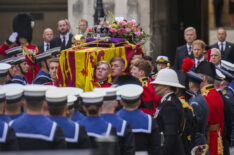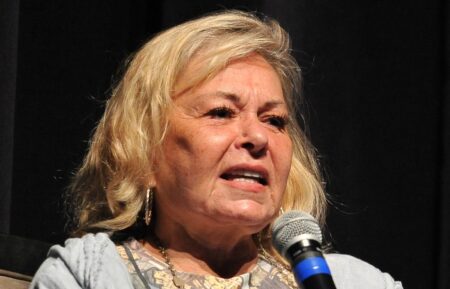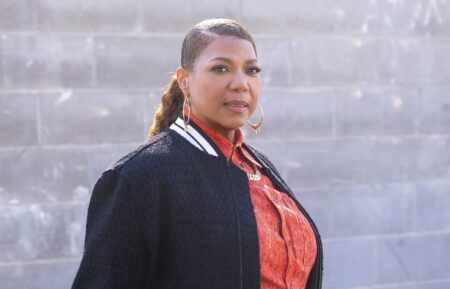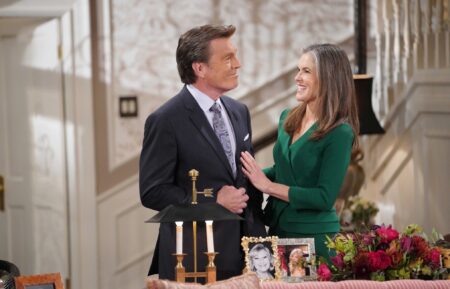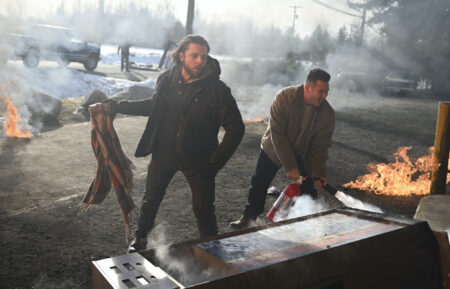King Charles III Coronation: 4 Takeaways From the TV Event
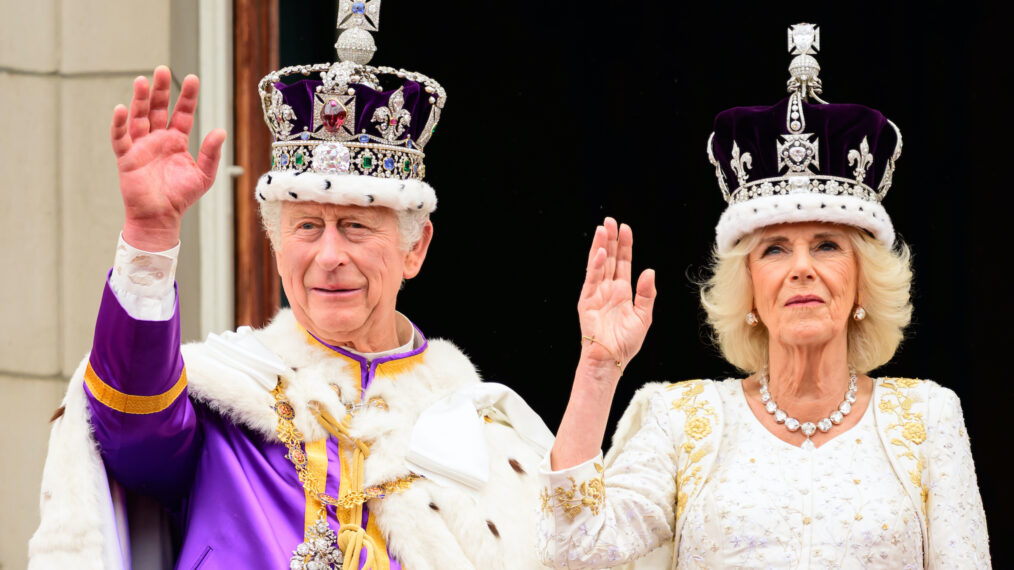
“I come not to be served, but to serve.” So said King Charles III, the United Kingdom’s monarch, at his and Queen Camilla’s coronation on Saturday, May 6, at London’s Westminster Abbey.
It was a rainy day in the U.K. capital, but thousands of Brits braved the elements to get a glimpse of their new king and queen at Buckingham Palace and along the mile-long procession route to the abbey.
In London’s Trafalgar Square, however — a midpoint on the procession route — the royals didn’t get such a warm welcome. Here are four takeaways from Saturday’s historic event.
Royalists and anti-monarchists both made a ruckus in London.
The royal family certainly has its supporters around the United Kingdom, with fans chanting “God save the king!” in pubs around London, along the Mall, and outside Buckingham Palace on Saturday, as The New York Times reported.
But protestors made their presence known in Trafalgar Square, shouting and holding signs reading “Who voted for him?” and “Not my king.”
“I spent my life hoping it would end,” an 84-year-old named John Mangold told the Times. “The notion of an old family ruling above us just by nature of birth is just wrong.”
The ceremony was modernized — to varying degrees of success.
Buckingham Palace stated last year that Charles’ coronation “will reflect the monarch’s role today and look towards the future, while being rooted in longstanding traditions and pageantry.”
And in modern updates to the traditionally-Protestant pomp and circumstance, Charles had Hindu, Muslim, Sikh, and Jewish religious leaders participate in the ceremony, as the Times reported. And in a coronation first, the King prayed “publicly for grace to be ‘a blessing to all … of every faith and belief,’” per Reuters.
A less successful update, however, was the “homage of the people,” which replaced the traditional Homage of the Peers. For the new homage, the Archbishop of Canterbury was set to “call upon all persons of good will across the United Kingdom [and] the other realms and territories” to swear their allegiance to Charles.
Amid criticism of that seemingly mandated pledge, however, the language was adjusted so that the archbishop would instead “invite those who wish to offer their support to do so,” per the Daily Mail.
Prince Harry and Prince Andrew were conspicuously absent from the palace balcony.
Following Charles’ crowning, he and other members of the royal family greeted their royal subjects from the Royal Balcony at Buckingham Palace. But Prince Harry and Prince Andrew — who sat in the third row during the coronation, well behind Prince William and his family — were nowhere to be seen during the balcony photo op.
Andrew and Harry are no longer working members of the royal family, for two very different reasons. Andrew, one of Charles’ brothers, resigned from public duties in 2019 after his ties to convicted sex offender Jeffrey Epstein made headlines. And Harry, Charles’ younger son, stepped back from his royal duties in 2020 and has since aired his grievances about the institution.
It was a lavish, expensive affair.
Sources told The Telegraph last year that Charles’ coronation would be “shorter, smaller, [and] less expensive” — a “cost of living” coronation, so to speak — but BBC News cited estimates that the weekend would cost between £50 million and £100 million ($63–125 million USD). By comparison, Queen Elizabeth II’s 1953 coronation cost £50 million in today’s money and George VI’s coronation cost £24.8 million in today’s money.
Buckingham Palace pays for an undisclosed portion of the cost, with the U.K. government — and thus British taxpayers — shouldering the rest, as CNBC reports. A recent YouGov poll showed 51 percent of Brits believed the government shouldn’t be funding the coronation.
Charles’ coronation is expected to bring in £50 million in retail and hospitality profits to London’s West End, below the £80 million that Elizabeth’s Platinum Jubilee brought in last summer. Plus, as CNBC and The New York Times report, the extra national holiday for the coronation is expected to shrink the U.K. economy by 0.2 percent and to cost £1.36 billion in lost productivity.

